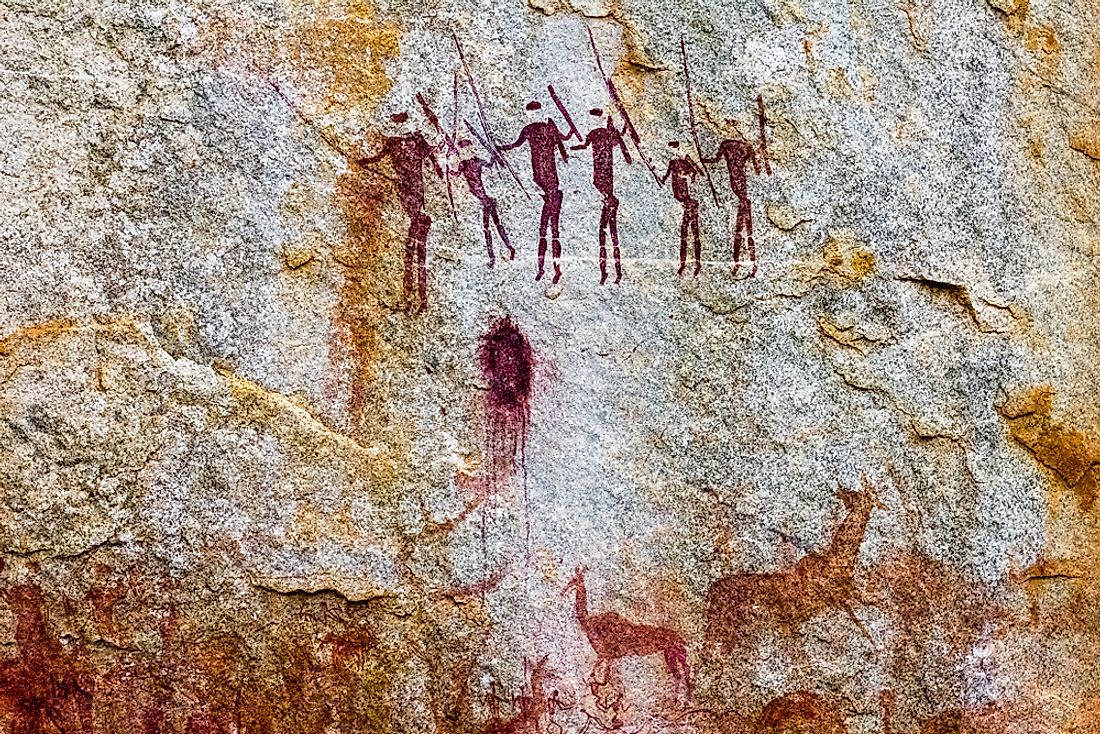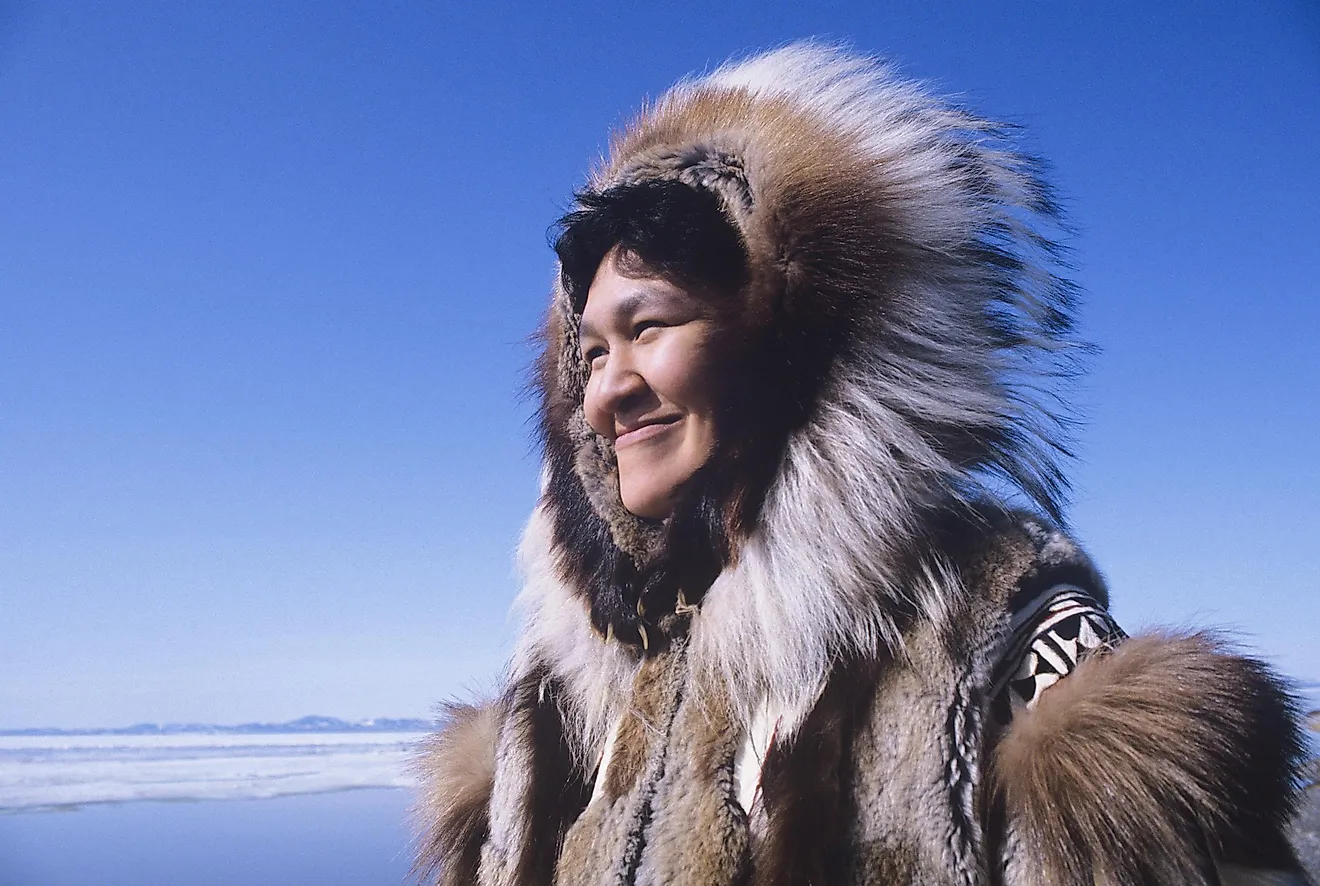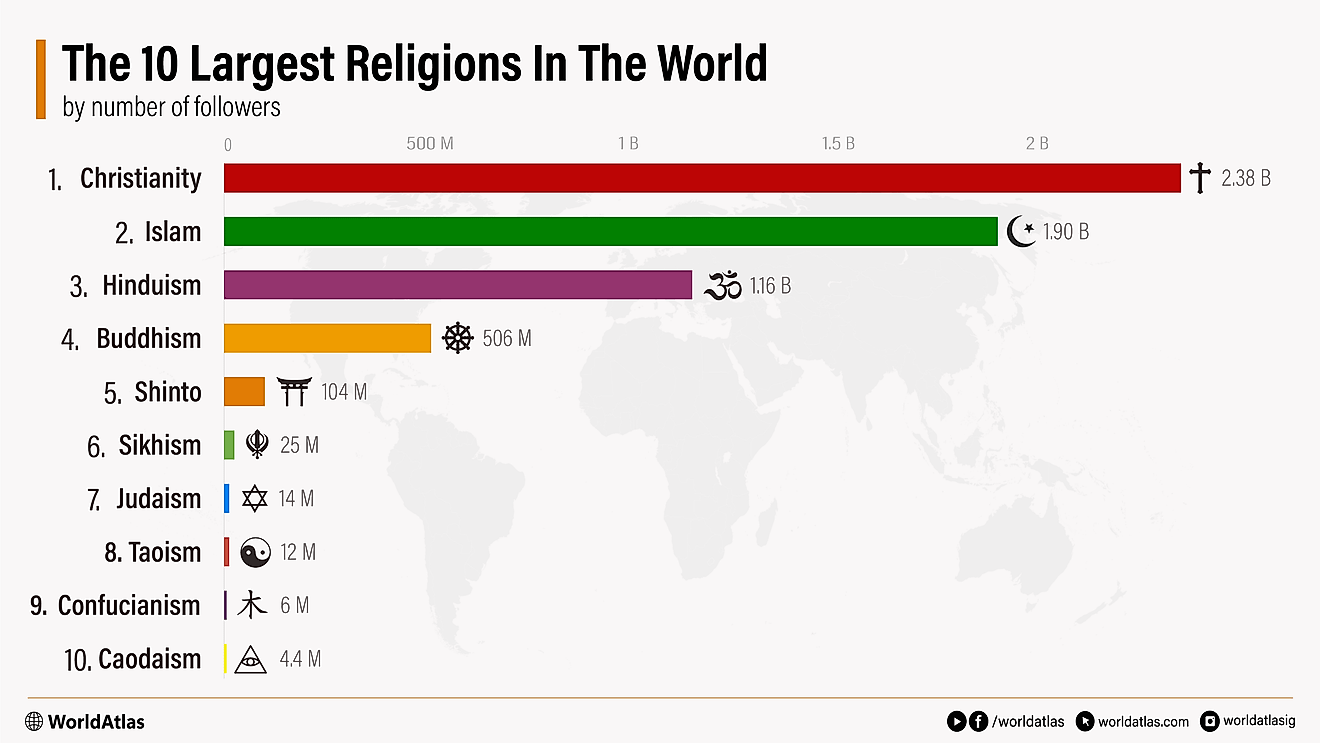What Are Hunter-Gatherers?

5. Definition
As the name implies, hunter-gatherers are peoples who obtain subsistence by collecting their necessities from nature. Historical records show that man used hunting and gathering for about 90% of his entire time on earth. The reason why early man were hunter-gatherers was that it was easier for him to just pick and hunt his sustenance from his bountiful surroundings rather than exert extra strenuous activities by farming and raising domesticated livestock. Anthropologists have concluded that all hunter-gatherers scientifically verified and researched were and are meat eaters although some of these peoples also added plants to their daily diet. While those who live in temperate regions subsisted only on meat and fish. It was also found that cooking was a daily activity supplemented by raw animal organs.
4. Hunter-Gatherer Way of Life
Early hunter-gatherers were found to have lived in sparsely wooded areas where game was easy to catch and most of their wild plant matter diet needs were easier to obtain and gather. Fruits, vegetables, eggs, nuts, and seafood were also part of their natural daily nutrition. These peoples had no need for personal properties except for those who hunted and gathered within the communal system. They had more leisure time and spent only about 12 to 19 hours a week obtaining food. This gave them more time to socialize. Generally, their health was much better than modern man with all his conveniences. It is sad to note though that the last 500 years saw the hunter-gatherer people lose their way of life due to modern society demands for agricultural land and natural resources.
3. Challenges and Decline
Modern man and his way of life has made the hunter gatherer societies all but disappear. The introduction of drugs, tobacco, and alcohol has deeply affected these peoples way of living in a very destructive way. This new influence has also brought modern diseases to these hunter-gatherer communities around the world. Prior to these social maladies, these peoples did not know heart disease, cancer, obesity, diabetes, and hypertension. They lived in communities that shared the bounty of the land equally. There were probably about 8 million people who were all hunter gatherers 10,000 years ago. Today, hunter-gatherers are part of the indigenous peoples of all continents in the world.
2. Historical Examples
Temporary settlements marked the hunter-gatherer peoples' way of life. They lived a semi-sedentary or sedentary lifestyle that was a part of their bountiful environment. Although they were nomadic and semi-nomadic, they all led a leaderless way of life. They were led by a person who had the necessary skill at that particular time such as hunting or making weapons. Hunting was particularly important for survival as in the Aeta people of the Philippines, the Martu of Australia, and the Ju'/hoansi tribes of Namibia. Hunting was equally shared between men and women with the latter having the best success of animals hunted. True hunter-gatherer peoples worldwide have declined after the introduction of agriculture during colonial times all over the world.
1. Modern Hunter-Gatherers
In the modern world, there are still hunter-gatherers but changing times have increasingly forced these peoples to at least partially subsist on cultivated agricultural produce, such as in Africa where many nomadic and semi-nomadic tribes have become more stationary. The scarcity of natural bounties as in the past and the rise of population especially in Africa has changed the game. Herders, nomads, and foragers are all classified under the hunter-gatherer system. North America has its Eskimos, North American Indians, and South American Indians. Siberia has its Evenki, Ket, Nivkhi, and Itelmen. Japan has its Ainu people. Madagascar has its Mikea tribes while Kenya has its Dorobo peoples. Malaysia has its Negrito groups and China has its Drung peoples. Each of these indigenous peoples remain to some extent hunter-gatherers, and often only converting to other lifestyles after forced changes.











